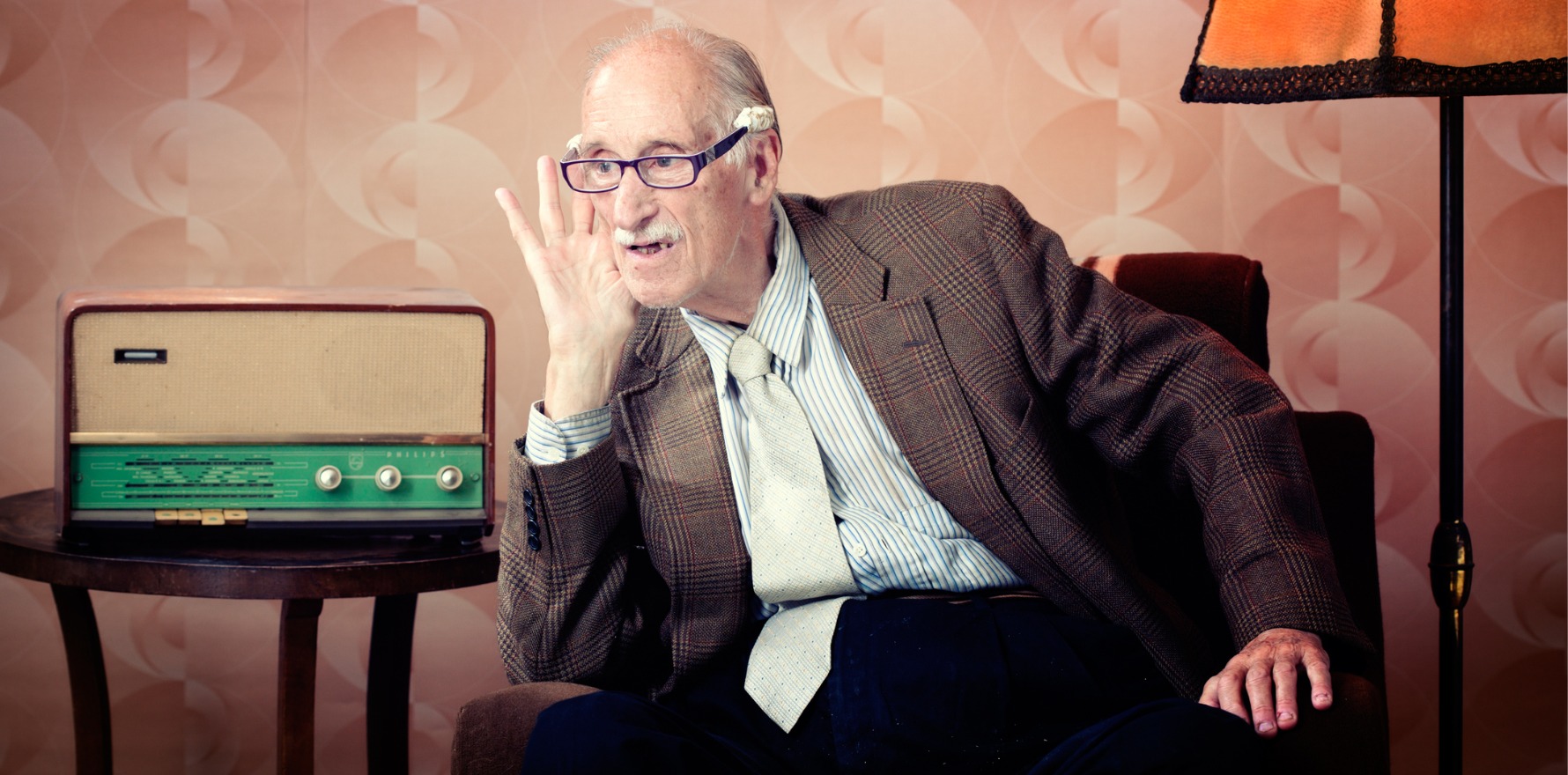A new study has shown referral times and financial factors are the biggest barriers to effective hearing treatment in older Australians.
A new study has highlighted significant barriers facing general practice regarding the referrals for hearing care in older Australians.
The report, published in the Australian Journal of Primary Health today, highlighted multiple external factors that were limiting how GPs could effectively address hearing care.
A lack of time and resources, reliance upon patients to raise hearing concerns and cost-related pressures were among the challenges cited in the report.
Researchers have suggested that these barriers lie outside of the control of GPs, pointing out how the external nature of the problems require external solutions.
Heightened overall costs of hearing care was a quoted barrier from the GPs surveyed in the report, with every respondent nominating the issue as a barrier for patient referral.
Time-based items on Medicare were a major focus of general practice in the leadup to the federal election and were also a major point of the report.
“Expanding the scope of scale of time-based funding is basically another way of saying, expanding funding for primary care, because all primary care is really time based and issues based,” Dr Anthony Marinucci, chair of the RACGP Aged Care Special Interest Group told The Medical Republic.
Expansions to time-based items were suggested by GPs in the study as a potential solution to the issue, with it cited that patients often did not prioritise hearing health until symptoms presented.
“Sensory impairments tend to only affect people when they’re present, and we’re often not as a group screening for them early on,” Dr Marinucci told TMR.
“It normally presents post screening when someone has some issues with hearing impairment.
“Then obviously, referral to local audiology services can be very variable [depending on] where you are in Australia.
“The fact that it’s more specialised investigation also brings up just another barrier, another step to sort of getting that first assessment done.
“There’s knowledge gaps from patients and doctors about what the referral pathways are and what diagnostic criteria are for different types of hearing loss.”
A need for streamlining multidisciplinary care between audiology and general practice was a repeated issue throughout the study, highlighting gaps that many older Australians are falling through.
“Patients themselves can self-present and access Medicare rebates for hearing tests without a GP referral or any other practitioner referral,” Dr Marinucci told TMR.
“So I think that’s a very, very important barrier that’s been broken down.
“We’re quite fortunate in the sense that we have both vision and hearing tests available to the broader community.”


